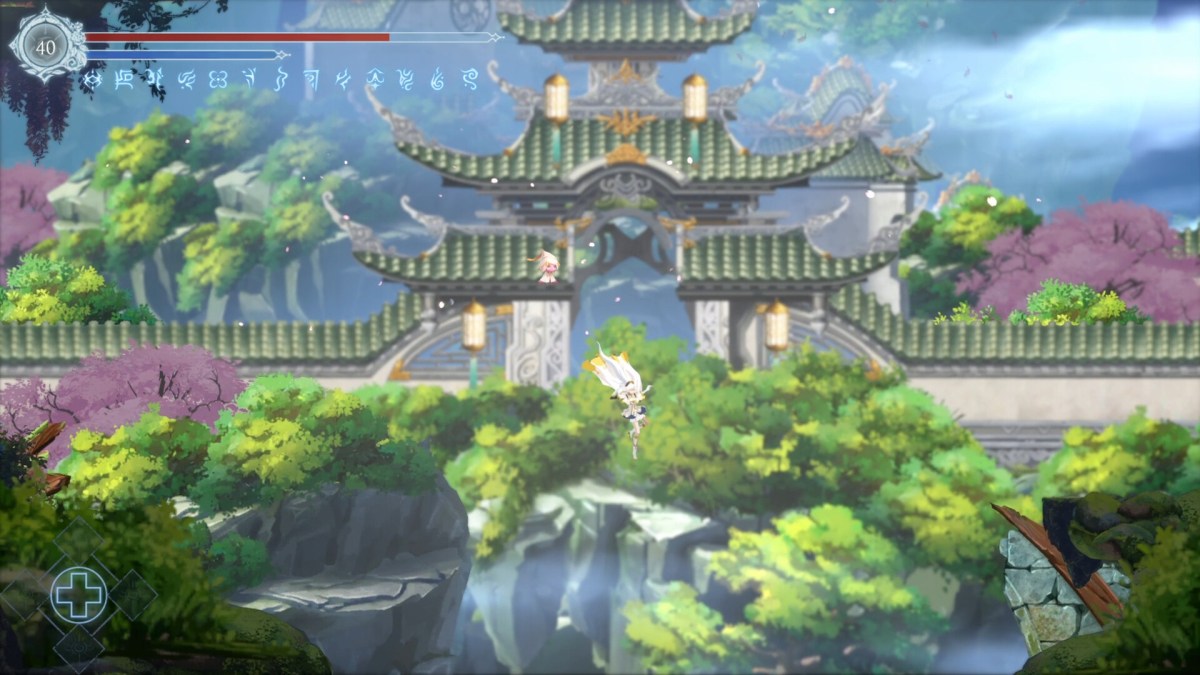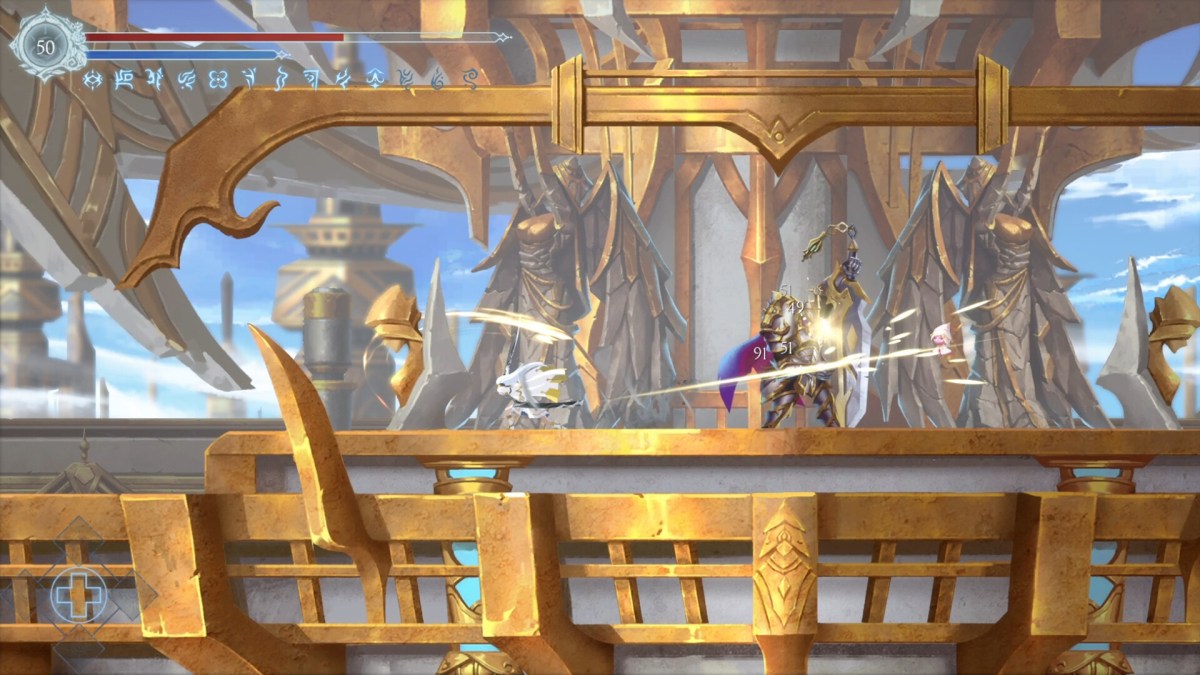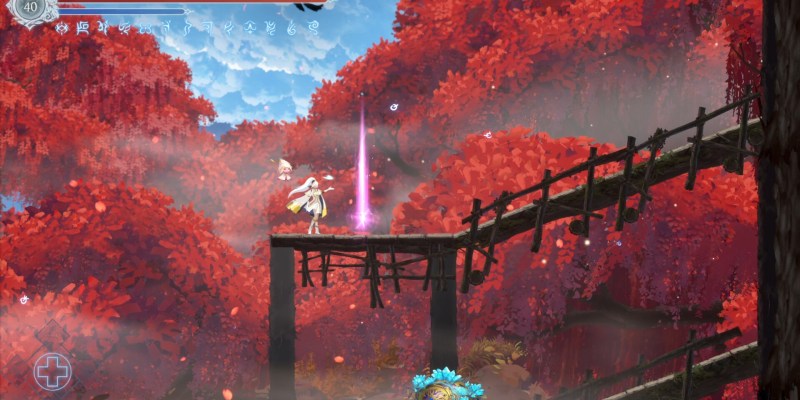The 2010s gave us quite a few stellar Metroidvania games: Bloodstained: Ritual of the Night saw Koji Igarashi return to the genre he helped father. Hollow Knight is simply one of the greatest games ever made, and I can’t wait for Silksong. Ori and the Blind Forest, and its sequel, Ori and the Will of the Wisps, enshrined itself as a top five all-time series for me. Yet in the last few years, I forgot how much I enjoyed the genre. It’s easy to get lost in massive JRPGs like Octopath Traveler II or sprawling open-world titles (I’m in the middle of 100% completing Breath of the Wild.) or to get hooked on round after round of Marvel Snap. It can be harder to make time for the smaller, more concise games utilizing 2D exploration and simple combat – until Afterimage came along and reminded me.
Developed by Aurogon Shanghai, Afterimage epitomizes the best of Metroidvanias. There are no moral dilemmas here depicted in lengthy cutscenes. In fact, the story is pretty nonsensical. Likewise, I couldn’t care less about its cast of waifu-bait characters, such as the protagonist Renee and her plights. The game doesn’t feature deep character progression to consider or difficult combos to master, nor are there innovative new mechanics or graphical leaps forward.
Instead, Afterimage offers straightforward 2D combat, a wealth of platforming and ability-based exploration, and gorgeous, hand-drawn locales that are a pleasure to double jump and air dash through. What more could you ask for with the overwhelming commitment demanded by the likes of Star Wars Jedi: Survivor and the upcoming The Legend of Zelda: Tears of the Kingdom?

Afterimage first hooked me when I entered the Rainbow Plains early in the game. The rolling green hills in the background, covered with blooming flowers, served as a great incentive for exploration. I knew I had to find out if other zones matched it in beauty. For the most part, they did: Midway through the game, I came upon a bright tropical island before heading into a dense jungle filled with plant-based monsters to slay. Even the darker locations – dilapidated towns populated by ghostly undead and grim caverns prowled by fiery beasts – had an appealing vividness to them, greatly enhanced by the hand-drawn aesthetic. They begged me to explore them in their entirety; although, like in all good Metroidvanias, I would need to wait and return to them as I unlocked more traversal abilities.
I wasn’t certain of the weapon system at first. The starter sword featured simple slashes forward, a crouch attack, and an air attack. A sprawling skill tree promised more attacks to unlock later in the game, but I thought the short combos might prove too plain to hold my interest for long. That was until I found a whip and a greatsword, much preferring their satisfying attack patterns. The whip features an aerial attack that suspends Renee in place as she deals damage in an oblong area around her. I also unlocked a greatsword attack that swung upward in an arc, making quick work of pesky aerial-based enemies.

Though many of the bosses put my jumping and dodging skills to the test, nothing in Afterimage required a lot of thought or time investment. Metroidvania games are, at their core, fluid: If you don’t have the abilities to continue in one direction, there are several more routes to explore until you unlock that downward smash to break through rocky barriers or the ability to breathe underwater. Even if a boss does pose too much of a challenge, a bit of aimless wandering will level Renee up enough or reveal a powerful new weapon that makes short work of the Big Bad.
It’s all been a nice respite from the heavy games I’ve played lately, and I’m already exhausted thinking about how much time the major titles in May will demand, so much so that I’m sure I will, before long, miss whipping and slashing a wide cast of enemies through these vivid locales. Sometimes, it’s great to sit back and enjoy a game that epitomizes the simplicity of a favorite genre so well. In the case of Afterimage, that comes as a breath of gorgeously hand-drawn fresh air. Here’s hoping there are more straightforwardly fun Metroidvania games to come among all the demanding releases of 2023.
